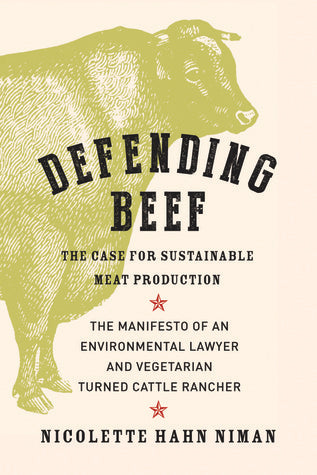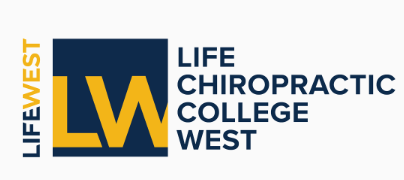Ingram
Defending Beef by Nicolette Hahn Niman
Defending Beef by Nicolette Hahn Niman
Couldn't load pickup availability
For decades it has been nearly universal dogma among environmentalists that livestock goats, sheep, and others, but especially cattle are Public Enemy Number One. They erode soils, pollute air and water, damage riparian areas, and decimate wildlife populations. The UN s Food and Agriculture Organization bolstered the credibility of this notion with its 2007 report that declared livestock to be the single largest contributor to human-generated climate-change emissions. But is the matter really so clear cut? Hardly. In her new book, Defending Beef, environmental lawyer turned rancher Nicolette Hahn Niman argues that cattle are not inherently bad for the Earth. The impact of grazing can be either negative or positive, depending on how livestock are managed. In fact, with proper oversight livestock can actually play an essential role in maintaining grassland ecosystems by performing the same functions as the natural herbivores that once roamed and grazed there. Grounded in empirical scientific data, Defending Beef builds the most comprehensive and convincing argument to date that cattle could actually serve as the Earth s greatest environmental benefactors by helping to build carbon-sequestering soils and prevent desertification. Defending Beef is simultaneously a book about big issues and ideas and the personal tale of the author, who starts out as a skeptical vegetarian and eventually becomes involved with sustainable ranching. She shows how dispersed, grass-based, smaller-scale farms can and should become the basis for American food production. And while no single book could definitively answer the thorny question of how to feed the Earth s growing population, Defending Beef makes the case that, whatever the world s future food system looks like, livestock can and must be part of the solution.
Share


